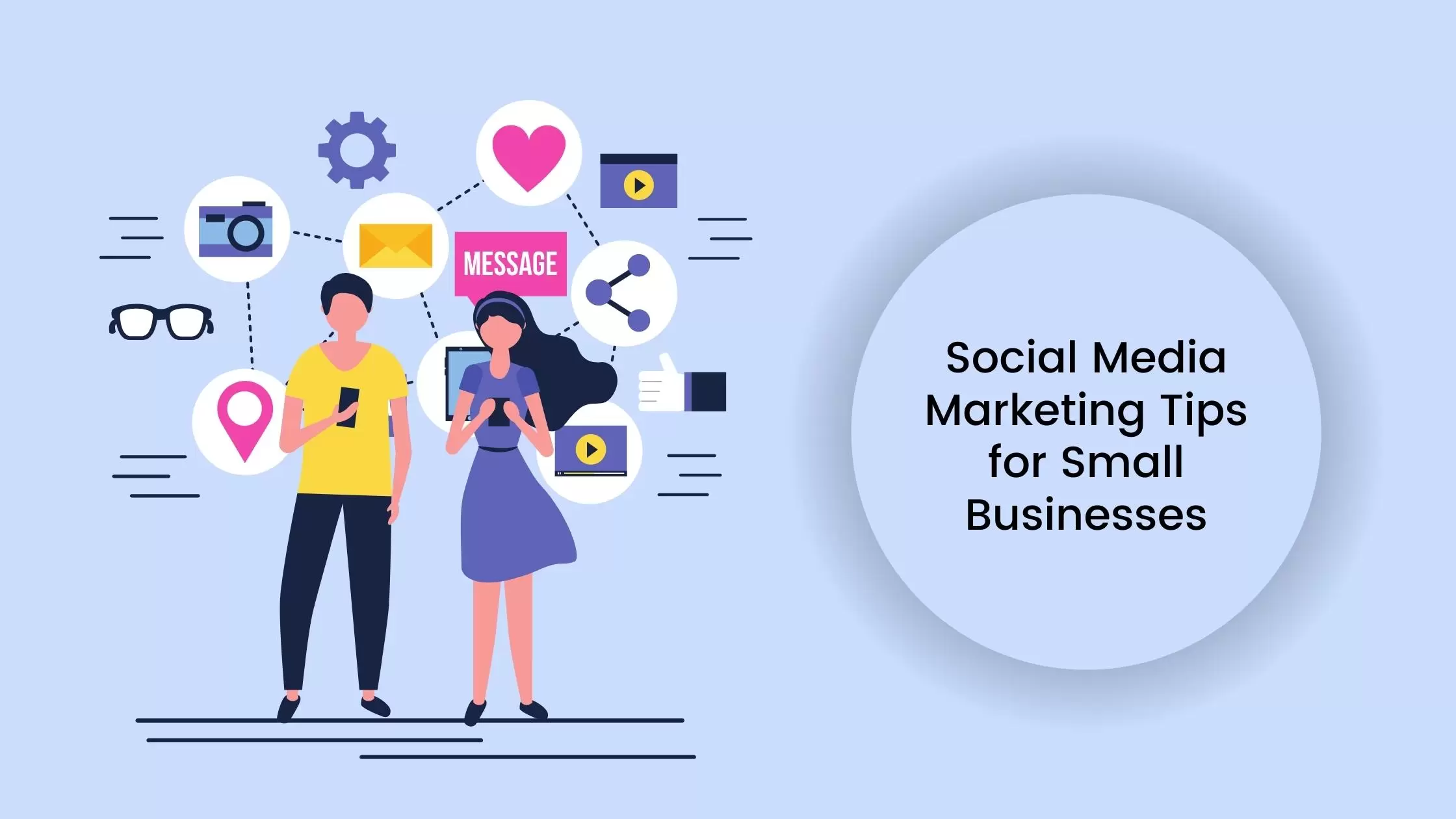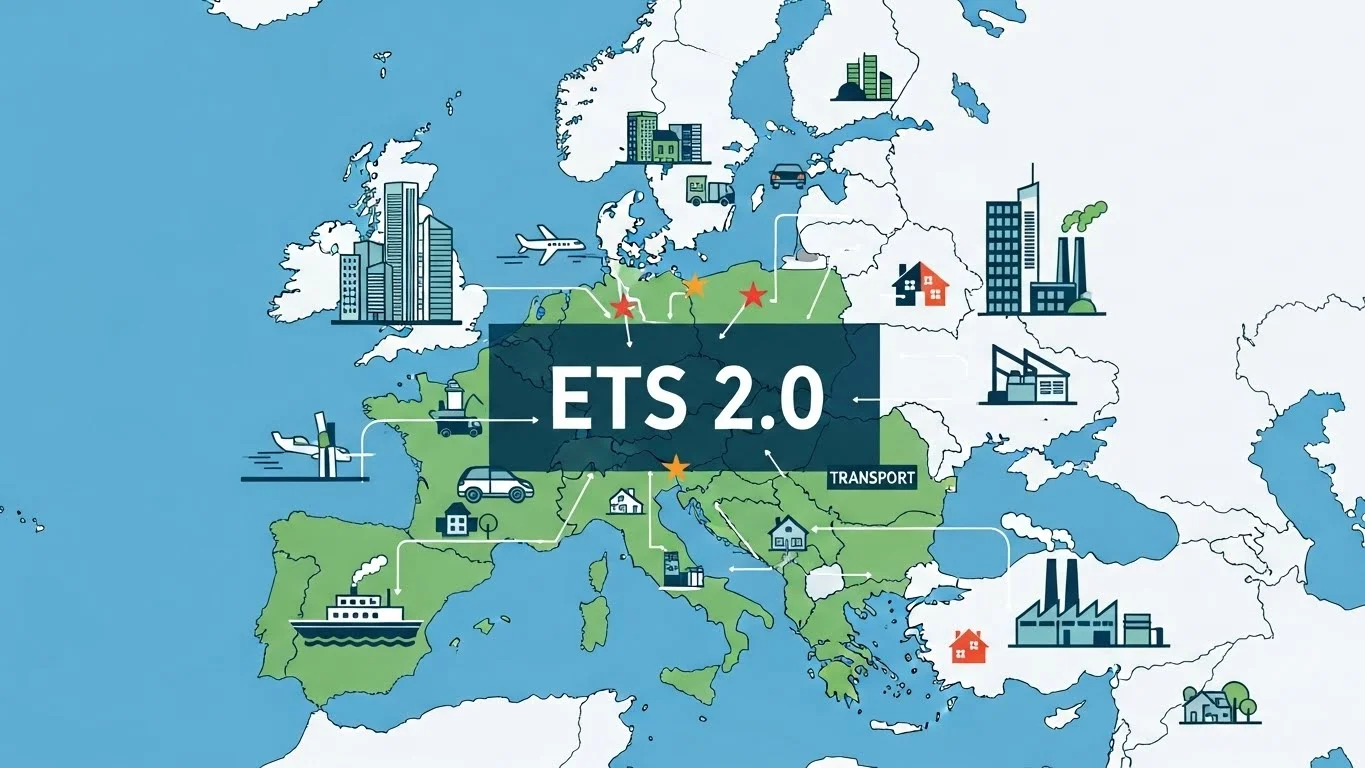Do Small Businesses Really Need Social Media?
Introduction
With 400 million users on Facebook alone, social networking promises an unrivalled source of potential sales all under one big internet roof. A marketeer’s dream database of thousands of potential new customers at their fingertips.
But ask any small or medium business seduced into investing time and effort on Twitter, Facebook, or any other of the dozens of social media sites around the internet what they have to show for their investment, and the answer may well not reflect this potential.
In fact, a survey by the Forum of Private Business (FPB) found that 52 per cent of SMEs now using social networking sites such as Twitter and Facebook are unsatisfied with their return on investment. They found that the investment in time and resources compared to the potential payback for most small businesses just does not equate.
The Appeal of Social Media for Businesses
Certainly, the statistics are impressive and easily persuasive as to why companies from all sectors and of all sizes should be playing the social networking game. Take Facebook, if it hasn’t already, it will soon likely overtake Google as the world’s most popular website. Of its 400 million registered users, 50% log on on any given day. The average time on site is 55 minutes. More than 100 million users access the site regularly through mobile phones.
That’s an awful lot of potential customers in one place for a long time. Surely it’s something every company should be finding out more about how to exploit?
The Challenge for Small Businesses
But the first clue as to why social networking may not be the marketing dream that it first seems is the average time spent on the site. Nearly one hour per day is the average investment required to be taken seriously as a social networker. How many small or medium-sized businesses have the spare resources to have someone spend an hour a day uploading and interacting online?
But two distinctive groups do: the very big and the very small.
Who Benefits the Most from Social Media?
Large companies can afford to employ people to blog full-time, update Facebook and Twitter, and keep up to date with a myriad of other social sites that are springing up. For them, it is becoming an increasingly important way of building a brand, understanding customer interests, and creating goodwill for the company.
At the other end of the spectrum is the single consultant or self-employed, working in creative or IT industries, perhaps. For them, it is an essential marketing tool, a way of promoting their businesses in an innovative way. This grouping would think it ridiculous not to be socially networked.
Between them, these two groups account for around 50,000 of the 260,000 or so registered companies in Scotland.
For the other 210,000 employing between 1 and 49 people, however, it is a space they just shouldn’t be in at the moment. Networking and the creation of goodwill do not easily equate to what these companies rely on for survival, sales.
Why Social Media Doesn’t Guarantee Sales
People do not visit social networking sites to buy products or services or to be marketed to; they go there to catch up with friends and find out what’s going on. People engaging in this type of activity are a long, long way from buying a product or service.
And sales are ultimately what keep small and medium-sized companies living on limited cash flow afloat.
Three Key Questions Before Starting Social Media Marketing
Three questions any managing director of a small company should ask themselves before embarking on a journey into social media for business purposes.
- Do I update my website with either a blog or company news every week?
• Do I send out a regular web or print newsletter to my existing contacts and customers, keeping them up to date with company news?
• Do I have someone within the company who actively manages communications with customers and clients through a contacts database?
If the answer to any of these questions is no, the company is not going to benefit from devoting time and resources to social media. Small businesses are far better concentrating on getting the tried and tested marketing techniques right before dipping their toe into anything new, just because it appears ‘everyone else is’.
Proven Alternatives to Social Media Marketing
Using optimisation tools to drive traffic to the company website, keeping a managed up-to-date list of contacts in a Customer Relationship Management database, regular personal customer or client contact with relevant business information and sector news, keeping a blog about what is going on in your business or sector, and spending some resources building a media profile for the business.
All these marketing techniques will be more effective in driving sales than social networking will. Getting these right will be time and money well spent.
Why Social Media is Still Four Steps Away from Sales
In marketing speak, social networking is four or five steps away from a sale. Until small businesses already have these four or five steps leading up to social networking 100% covered, then it shouldn’t even be on the radar.
If it is done well and resourced properly, social networking can work. Dell, for instance, is just one of countless large organisations that use Twitter and other platforms very effectively as a shop front for their product, and for individuals, it’s a great way to market skills and experience to potential clients.
But Dell and their like have whole teams working on social networking full time, they commit huge resources to it, that’s why it works for them. Any small business that thinks dabbling in social networking will help them sell products in the short term is wrong. So for the majority of the Scottish business base, it is not for them – yet.
The Future of Social Media for Small Businesses
As applications and technologies improve, it will no doubt, in some way, evolve into a resource to be used across the business spectrum.
Until then, small businesses need to think about getting their basic marketing techniques fine-tuned before dreaming of tweeting their way to record sales.








3 comments